Why Are Your Cats Whiskers So Short? (Possible Reasons)
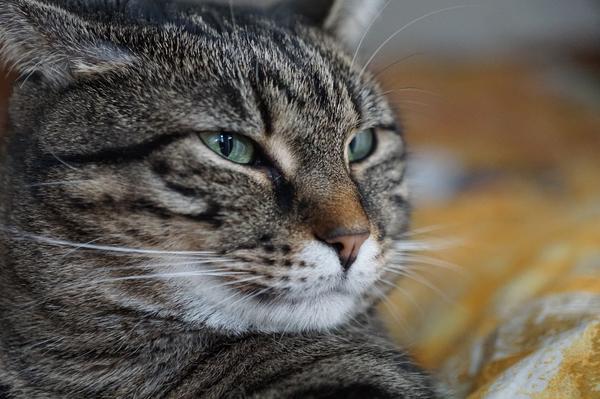
Feel like your cat's whiskers are missing in action?
Wondering why those tiny little hairs that stick out from their face are shorter than a politician's attention span? 😺
We've all been there.
It's enough to make you worry that something's amiss with your fur baby's health.
But don't you fret, reader, because I've got your back.
I'm about to share some insider knowledge that'll unravel this whisker mystery, faster than a cheetah chasing its next meal.
So grab a cuppa, sit back, and let's dive into the marvelous world of cat whiskers, shall we?
The Impact of Accidental Trimming or Breakage on a Cat's Whiskers
Accidental trimming or breakage of a cat's whiskers, whether caused by grooming, fights, or well-intentioned mothers, can hinder their sensory abilities and affect growth. You need to avoid further trimming, as it can interfere with sensing, cause pain, and even lead to infection.
It's important for you to understand why your cat's whiskers are short. There could be various reasons, but let's take a closer look at the impact of accidental trimming or breakage on a cat's whiskers.
I mean, just imagine kittens' whiskers getting accidentally trimmed by their mothers.
That can happen when they're trying to help them drink milk.
Well, as well-intentioned as it may be, this can actually hinder their sensory abilities.
You see, mother cats sometimes chew off their kittens' whiskers in order to make milk consumption easier.
But guess what?
This can damage the whiskers and affect their growth.
Whiskers aren't just fancy facial features, you know.
They play a crucial role in a cat's senses, helping them skillfully navigate their surroundings. So any damage to these whiskers is definitely not ideal.
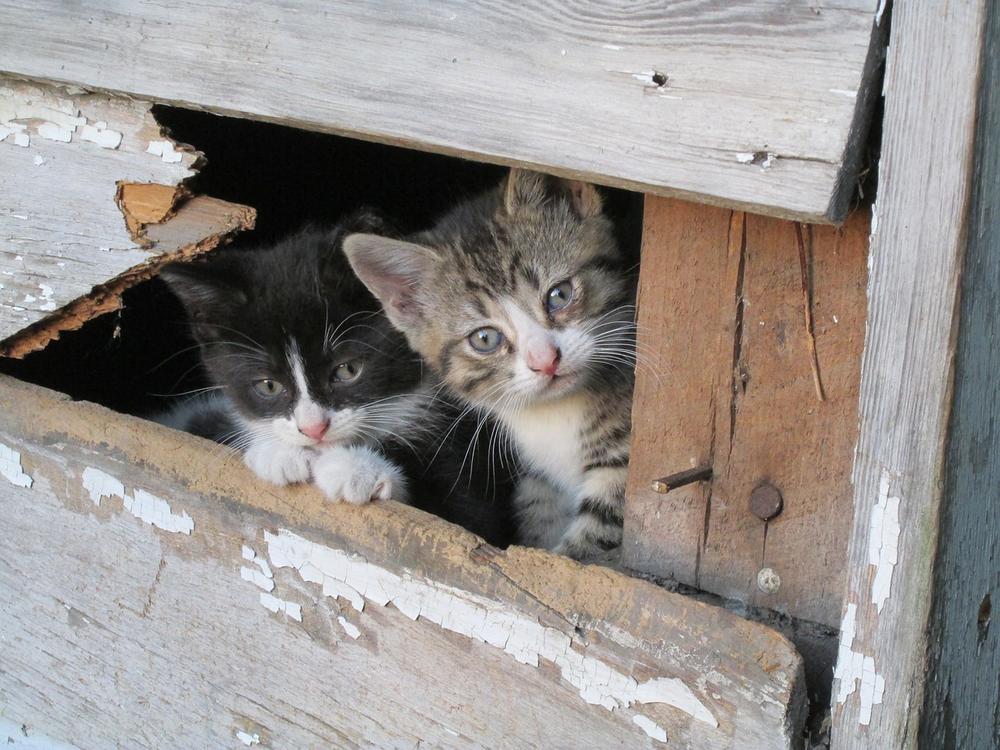
Accidental trims or breakages can also occur due to excessive grooming or trauma.
If a whisker is broken, it's generally best not to trim it further. Cutting it more can interfere with sensing and potentially cause pain and infection.
And hey, even adult cats can end up with short whiskers because of littermate biting or fights with other animals.
Sometimes accidents happen, you know?
Whiskers can get caught up in the heat of the moment.
Thankfully, whiskers do grow back fairly quickly.
But still, it's really critical to keep an eye on your cat to avoid accidental cutting, especially if you have children around.
Oh, there was even one incident where an adorable orange tabby kitten had his whiskers unintentionally bitten by a mother dog.
This shows how trauma or injury can lead to shortened whiskers.
Now that you know some possible reasons for short whiskers, you should create a safe and nurturing environment for your furry friend.
Whisker Characteristics and Breed Variances
Short or weak whiskers in cats are normal and genetic for certain breeds.
Despite this, they can still expertly explore their environment.
It's not uncommon for some cat breeds to have shorter whiskers due to genetic factors, and that's perfectly fine.
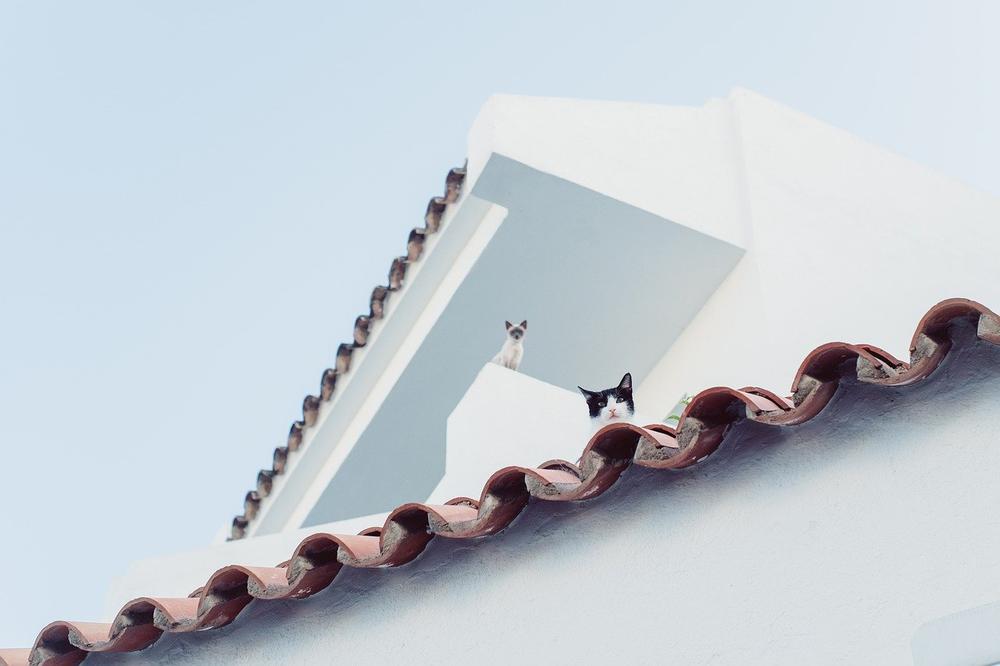
Similarly, others may naturally have weaker whiskers that are more prone to breaking.
However, even with these circumstances, cats remain adept at moving around.
Their remarkable ability to navigate hinges on other heightened senses, like sight and hearing.
So, don't worry if your feline companion has shorter or weaker whiskers—they'll still make the most of their surroundings.
Whisker Development and Growth
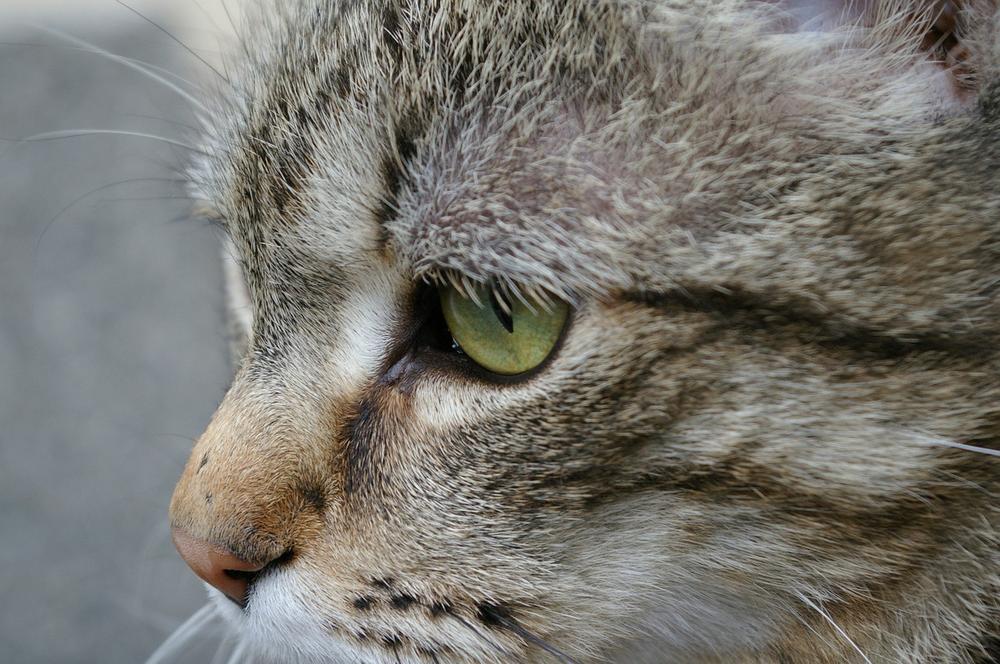
- Don't fret if your newborn kitten's whiskers are short; they'll grow longer with time.
- It's all part of the natural process!
- Overgrooming can hinder their growth, so don't let your kitty become too fixated on tidiness.
- Cats naturally shed their whiskers, just like any other fur.
- And yes, the new whiskers that emerge will be shorter than the old ones. It's like a feline haircut!
- A cat's whiskers should be about as long as its body width (give or take a whisker).
- If you notice your cat's whiskers getting shorter, it could indicate shedding problems or weakened whiskers.
- So keep an eye on it and stay vigilant!
- Speaking of whiskers, cats usually have twelve on each side of their face. That's twenty-four whiskers ready to explore the world!
- Having these facts in mind will help you understand how whiskers assist cats in navigating tight spaces, making decisions about fitting through small gaps, and sensing their surroundings.
- These whiskers truly are remarkable!
And now, let's delve deeper into the possible reasons behind short whiskers in adult cats – it's an intriguing mix of factors!
Potential Health Concerns Associated With Shortened Cat Whiskers
Shortened whiskers could indicate health issues
So, you've noticed that your cat's whiskers are shorter than usual.
Pay attention because shortened whiskers in adult cats can signal an underlying health problem.
There are a few possibilities here.
Your cat might be getting into fights with other feline friends and breaking their whiskers.
Or maybe their growth is just a little off, and the whiskers haven't caught up yet.
Genetics could also play a role. Some cats naturally have weaker whiskers that shed and break more easily.
And don't forget about overgrooming or normal shedding during growth.
Look for symptoms and consult a vet
Short whiskers by themselves might not be a cause for concern, but if your furry friend is showing signs like lethargy or loss of appetite along with short whiskers, it's time to consider an underlying health issue.
There's also something called whisker fatigue, where your cat's whiskers need a break. Keep an eye out for that too!
All in all, avoid trimming your cat's whiskers.
Instead, closely watch for any signs of infections or allergies.
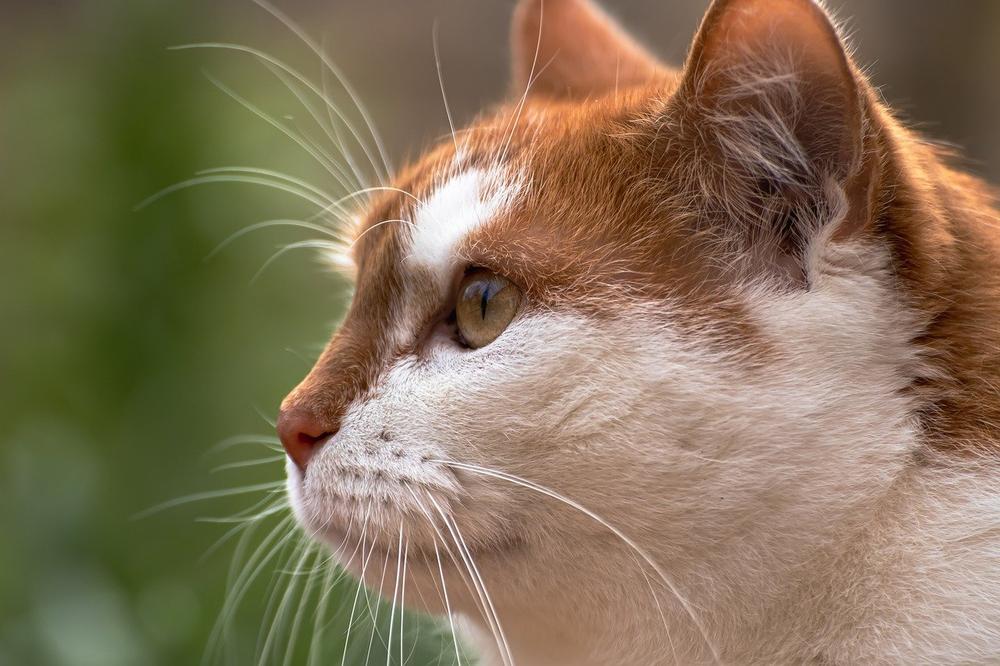
And make sure that you schedule regular visits to the vet for proper care.
Whiskers are crucial for sensing their surroundings
Whiskers may seem like cute facial features, but they're actually much more important.
Cats rely on their whiskers to sense their surroundings, helping them navigate and understand if they can fit through tight spaces.
If you notice any concerns with your cat's whiskers, it's always best to consult a vet.
They can provide expert guidance and make sure your furry friend's whiskers are in great shape.
And one more thing - if you have multiple cats, keep an eye out for playful whisker-biting between them.
It may seem harmless, but it could lead to shorter whiskers and potential issues.
Oh, and be aware that an abscess drain procedure can cause a tilted head in an orange tabby.
And if you're still curious about your cat's health, I have just the article for you.
In my blog post titled Why Is There a Black Spot on My Cats Nose, I explore the possible causes and implications of black spots on your cat's nose.
It's an informative guide that can help you understand and address any concerns you may have.
Make sure to check it out for further insight.
Emotional Impact of Stress or Anxiety on Cat Whiskers
Cats with shorter whiskers might have experienced stress or trauma in their early lives.
Stress and anxiety can affect a cat's well-being, so you ought to understand these emotions in your furry friend. Creating a stress-free schedule for your cat can make a big difference!
If you notice that your cat's whiskers are pointing inward or flattened, it could be a sign that they're feeling stressed or threatened.
Furthermore, kittens may have short whiskers if they've experienced stress or if their littermates have been chewing on them. By paying attention to these signs, you can better support your cat's emotional health.
Remember, happy whiskers mean a happier cat! 😺
The Short-Term and Long-Term Implications for Cats
Key Takeaways:
- Mother cats may chew off kittens' whiskers, but they are important for sensory abilities.
- Excessive grooming or trauma can damage a kitten's whiskers.
- Whiskers play a crucial role in a cat's interaction with its environment.
- Trimming broken whiskers can interfere with sensing and cause pain/infection.
- Short whiskers in adult cats are often due to biting from littermates.
- Supervision is necessary to prevent accidental cutting of whiskers.
- Whiskers can also be shortened through fights or rough play.
- Short whiskers can be caused by genetics, weak whiskers, shedding, or infections/allergies.
- Care for whiskers by avoiding trimming, watching for infections/allergies, and regular vet visits.
- Short whiskers may indicate an underlying health issue if accompanied by other symptoms.
- Whisker fatigue may be a cause and giving them a break can help.
- Consult a vet if concerned about a cat's short whiskers.
- Cats rely on intact whiskers for sensory perception.
- Stress or trauma can cause short whiskers in cats.
- Flattened or inward-pointing whiskers may indicate stress or threat.
And that wraps up today's article.
If you wish to read more of my useful articles, I recommend you check out some of these: Why Is My Cats Nose Cold, Why Do Cats Noses Get Wet When They Purr, Is Dracaena Toxic to Cats, and Cat Purring Effect on Humans
Talk soon,
-Sarah Davis